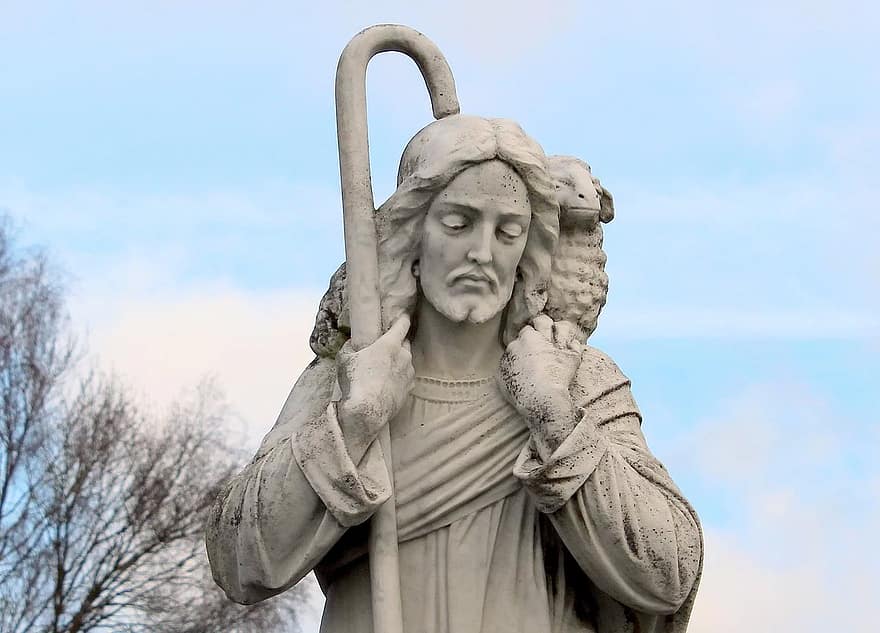As Christians, we do not leave our faith behind when we enter the voting booth. We understand that politics, like every other part of life, must be illuminated by God’s light or we will stumble in the dark and lose our way. A generation ago, a large majority of Americans shared this view. Call it the Classical Christian worldview. It was the common foundation for our social and political life; we assumed it like the ground beneath our feet. Today, however, that foundation is under attack from another worldview, one that rejects God, or at least ignores him, as it makes the self supreme. Let’s call it the Radical Selfist worldview.
The Classical Christian Worldview
The Classical Christian worldview holds that we have received our lives as a gift from a God who loves us, and that we are accountable to him. It believes in moral laws that God has written on our hearts and clarified through his revelation – from the Ten Commandments given through Moses, to the Sermon on the Mount proclaimed by his only Son, Jesus Christ. This is his blueprint for us, his design for our happiness and fulfillment.
This blueprint reveals to us certain foundational moral principles. Among them, we see:
- That
every human life, of every race and nation, born and unborn, is sacred and
has equal rights and dignity; - That we are created male or female according to God’s plan;
- That sexual relations are meant for marriage between one man and one woman;
- That the free exercise of religion is a sacred right.
Though we are imperfect human beings, we work to build our lives on foundational principles such as these, as we raise our families and shape our social and civic communities.
The Radical Selfist Worldview
The Radical Selfist worldview opposes everything we have just described, rejecting the idea of a God-given blueprint. Everything is up to personal ‘choice.’ We can choose our own gender, our preferred exercise of sexuality, our definition of marriage, and even whether a child in the womb shall live or die. Radical Selfism preaches tolerance until it gains power, at which point it seeks to silence and to punish those who disagree with it. Unfortunately, this worldview has been promoted and amplified by many in Hollywood, the mass media and even public education.
Political Consequences
The current political landscape essentially forces us to choose between these two worldviews. This choice has weighty consequences at every level of government, from the White House and Congress to state and local officials. Since Supreme Court and other federal judges are appointed by the President and confirmed by the Senate, presidential and senatorial elections are especially critical; all the more so because Radical Selfism has relied on the courts to produce outcomes unattainable by popular vote, such as legalized abortion and same-sex marriage.
The most telling indicator of Radical Selfism is advocacy of abortion, by which man wrests from God the very power over life and death. By far the most grave human rights violation of our time, abortion has already cost the lives of more than 60 million unborn babies in the U.S. since the Roe v. Wade decision in 1973. Moreover, where we find abortion advocacy, we invariably find it clustered with other positions characteristic of the Radical Selfist worldview.
What is a Christian voter to do?
While we cannot expect perfection from any political candidate, it is vital that Christians support those most closely aligned with the Classical Christian worldview and oppose those aligned with the Radical Selfist worldview. For Radical Selfism, with its worship of ‘choice’ in place of God, inevitably produces bitter fruits: moral and civil breakdown, destruction, and death. It is simply impossible to achieve lasting harmony and peace without adhering to the foundational principles of God’s plan. Therefore, let us intensify our prayers and our efforts to elect candidates who stand up for the God-given principles and rights on which our nation was founded. Our future, and the future of our children and our grandchildren, is at stake.
by Christopher Ruff,
Director of the Office for Ministries and Social Concerns
Diocese of La Crosse

